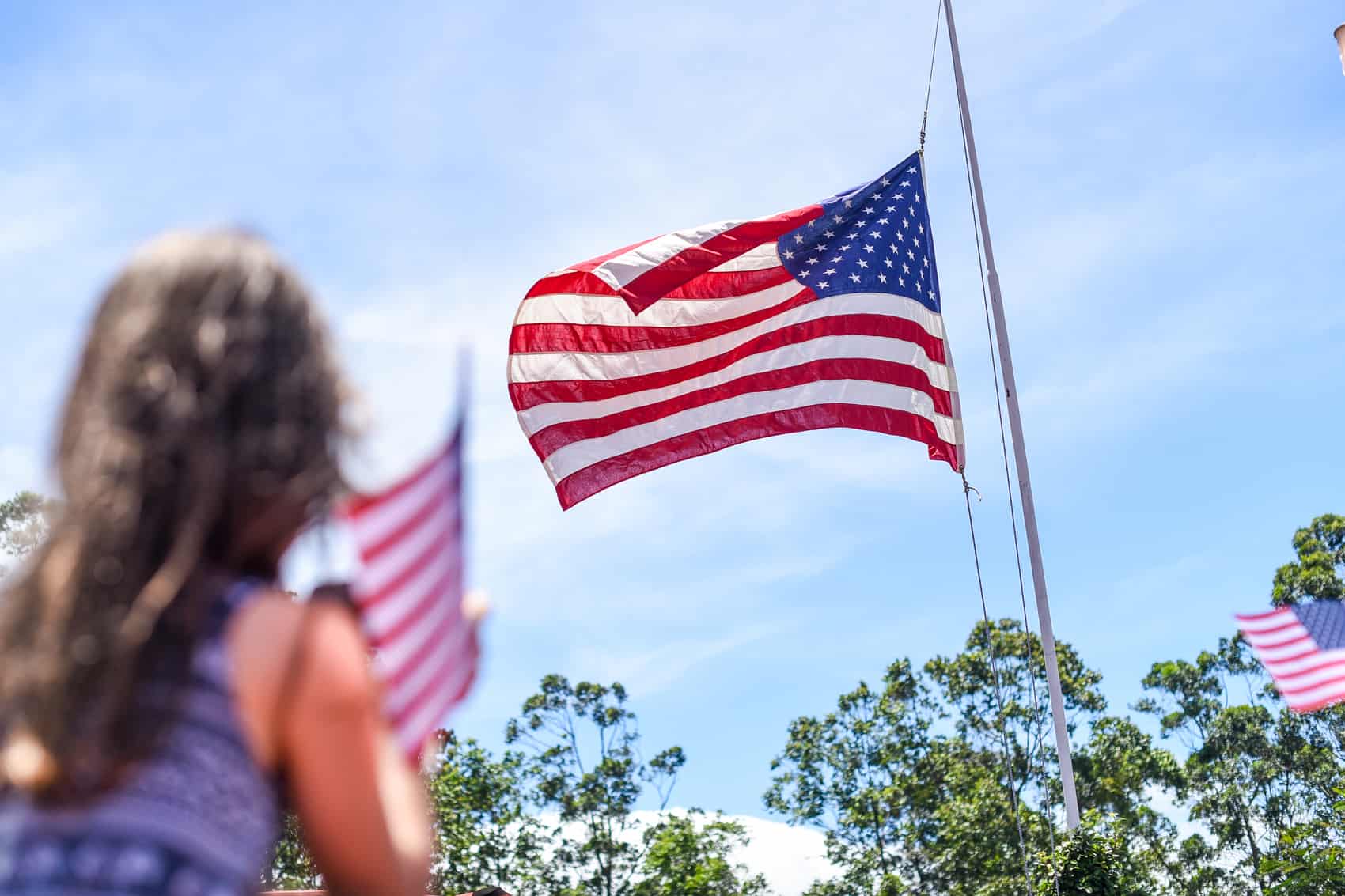Adolfo Louzao never lost that tough guy, Marine-like appearance. At 66, his arms swell from his blue, T-shirt, stretching the fabric almost to tatters. He is clean cut with short hair, speaks with a zealous, semper fidelis-inspired tone filled with expletives, and has a hearty laugh.
Louzao talks about the Vietnam War in such a calm and matter-of-fact way that listening to him makes combat seem like an everyday, civilian affair. “Hell, there was nothing to it. They sent us once or twice a week on patrols in the valley. We were searching for Viet Cong, and we battled, and I always carried my M-14.”
A Costa Rican by birth, Louzao received his U.S. residency nearly 50 years ago, leaving San José’s Aranjuez neighborhood for Chicago in 1963. “I was 20 years old and like a lot of young guys here I had that urge to go to the States and all that shit, ya’ know.”
He found an apartment at 1703 West North Shore Avenue, , just blocks from Lake Michigan in Chicago’s scenic North Shore Beach Park neighborhood. “I can’t ever forget that address.” There, he worked the night shift at a metal factory, fabricating steel fasteners for airplanes.
Six months later, in December 1963, he received a note in the mail at that WindyCity address that he will never forget. It a draft card was from the army. They wanted him to join for two years and train at a base in the northern Chicago suburbs.
Having spent two months in the bitter northerly frost, Louzao was already too familiar with the Midwest winter. “It was cold as hell there,” he said. “I asked them if they could send me to a warmer place to train ‘cause I hated that damn cold. So they said, ‘You can go to San Diego, but you’ll have to join the Marines and it will be for four years instead of two.’ I said, ‘Sign me up.’ That’s how much I hated the cold.” Louzao packed his bags again. He arrived in sunny southern California a month later.
By July 1964, he had been deployed to Da Nang airbase in Vietnam where he and his company provided security for the strip. When the Viet Cong attacked the area three months later, Louzao and his fellow soldiers were forced into the unprotected hills surrounding the valley to patrol.
Wedged between the surface-to-air hawk missiles, the crew dug holes and caves into the slopes of the mountains and picked off the invading Victor Charlies. “I was a pretty good shot,” he said, then laughed.
Louzao’s story is uncommon, but not entirely unique. He is one of dozens of living Costa Ricans who have served in the United States military, a lifelong irony, perhaps, considering Costa Rica’s sworn neutrality during wartime and lack of a standing army.
During the draft days, resident status was all the U.S. government required to throw someone’s name into the hat. Even Costa Ricans who had never set foot on U.S. soil but were born to U.S. residents were deemed eligible for service and received draft notifications sent to Costa Rica.
The Marine Corp League in Costa Rica boasts three or four Costa Rican veterans, Louzao reckons. The American Legion’s Post 16 in Costa Rica lists 16 Tico G.I. members.
From Service to Citizenship
Now, more than 40 years after Louzao stopped searching the small villages and rice patties for South Vietnamese forces, he is applying for U.S. citizenship.
He sent his application in June and expects to hear back within a few weeks. Recently, the American Legion here has been pushing for its Costa Rican veterans to solicit U.S. citizenship. The process, it seems, is surprisingly quick and easy.
“We’ve been amazed, given the bureaucracy involved in these kinds of things sometimes, at how fast this can be done,” said Ken Johnson executive committeeman for Post 16 here.
The effort began early this year, after German-born U.S. veteran, Werner Nitzka, examined the Federal Benefits for Veterans handbook and realized that, as a veteran, he qualified for citizenship.
Nitzka, who settled with his family in Costa Rica in 1974, filled out the N-400 application for naturalization included in the booklet and sent it to the U.S. in November 2009. He then had the U.S. Embassy in Costa Rica take his fingerprints for a background check.
Weeks later, Nitzka received notice that he was due in Miami on Feb. 12, 2010 for an interview at the immigration office. There, officials asked him a few questions and gave him a short written exam. On Feb. 25, he was sworn in.
“We all wore the same color uniform for the same country, why shouldn’t we get citizenship?” Nitzka said. Since then, six Costa Rican veterans have applied for U.S. citizenship. Two have already been granted nationality, and four others, including Louzao, expect to receive word soon.
Louzao anticipates the same fluidity that Verner experienced with his application; But even if granted citizenship, Louzao said, he would stay in Costa Rica, where he recently received a $3,000 per month pension from the U.S. government for his post traumatic stress disorder and disability status.
Louzao remembers fondly his days in the U.S. and with the Marines. Without any armed forces here, Louzao stays connected to his years as a 20-something soldier with the remaining members of the Marine Corp League in Costa Rica. And he still exercises like he was back in boot camp. Before a recent interview with The Tico Times, Louzao had swum for an hour.
“I learned a lot of good lessons in the Marines. It taught me a discipline that you don’t learn in schools here. There, if you don’t do something they ask, they’ll beat the f–k out of you. But do I think Costa Rica needs a military? Nah. We don’t need one. And I like the country that way.”






